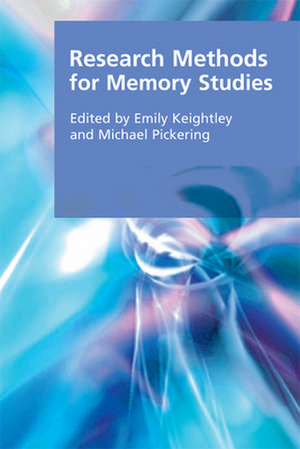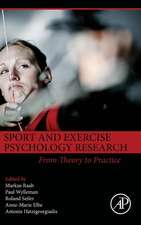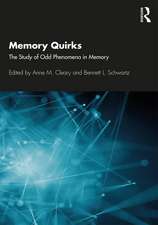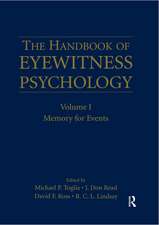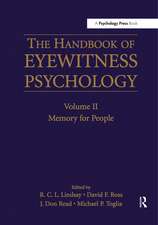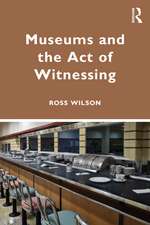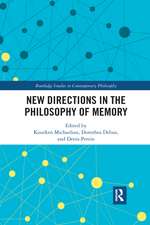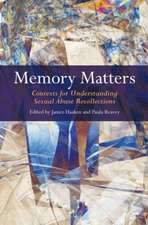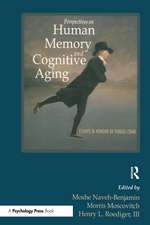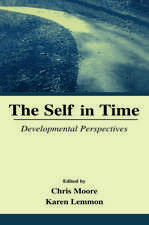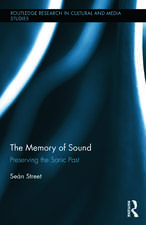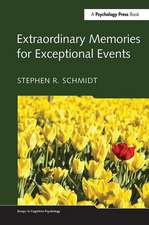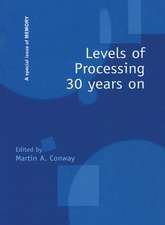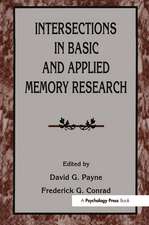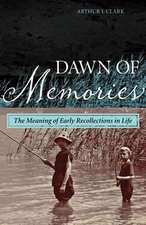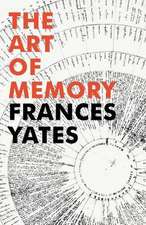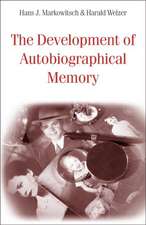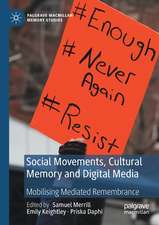Research Methods for Memory Studies
Autor Emily Keightleyen Limba Engleză Paperback – 29 mai 2013
Preț: 193.62 lei
Preț vechi: 215.36 lei
-10% Nou
Puncte Express: 290
Preț estimativ în valută:
37.05€ • 38.59$ • 30.89£
37.05€ • 38.59$ • 30.89£
Carte disponibilă
Livrare economică 07-21 martie
Livrare express 21-27 februarie pentru 51.67 lei
Preluare comenzi: 021 569.72.76
Specificații
ISBN-13: 9780748645954
ISBN-10: 0748645950
Pagini: 256
Dimensiuni: 155 x 231 x 15 mm
Greutate: 0.45 kg
Editura: EDINBURGH UNIVERSITY PRESS
ISBN-10: 0748645950
Pagini: 256
Dimensiuni: 155 x 231 x 15 mm
Greutate: 0.45 kg
Editura: EDINBURGH UNIVERSITY PRESS
Notă biografică
Emily Keightley is a Senior Lecturer at Loughborough University/ Michael Pickering is Professor of Social Sciences at Loughborough University
Cuprins
Notes on the Contributors; Introduction: The Intellectual History and Contemporary Significance of the Arab Novel in English, Nouri Gana; Part I: Constellations: Modernity, Empire and Postcoloniality; 1. The Rise of the Arab American Novel: Ameen Rihani's 'The Book of Khalid', Waïl S. Hassan; 2. Beyond Orientalism: Khalid, the Secular City, and the Transcultural Self, Geoffrey Nash; 3. The Incestuous (Post)Colonial: Soueif's 'Map of Love' and the Second Birth of the Egyptian Novel in English; Shaden M. Tageldin; 4. Drinking, Gambling and Making Merry: Waguih Ghali's Search for Cosmopolitan Agency, Deborah A. Starr; 5. Mobile Belonging? The Global 'Given' in the Work of Etel Adnan, Mary N. Layoun; 6. Burning, Memory and Postcolonial Agency in Laila Lalami¿s 'Hope and other Dangerous Pursuits', Ahmed Idrissi Alami; 7. Zenga Zenga and Bunga Bunga: The Novels of Hisham Matar and a Critique of Gadhafi's Libya, Christopher Micklethwait; Part II: Force-fields: Ethnic Ties and Transnational Solidarities; 8. In Search of Andalusia: Reconfiguring Arabness in Diana Abu-Jaber's 'Crescent', Nouri Gana; 9. Europe and Its Others: The Novels of Jamal Mahjoub, Jopi Nyman; 10. Space, Embodiment, Identity and Resistance in the Novels of Fadia Faqir, Lindsey Moore; 11. The Arab Canadian Novel and the Rise of Rawi Hage, F. Elizabeth Dahab; 12. The Arab Australian Novel: Situating Diasporic and Multicultural Literature, Saadi Nikro; 13. Identity, Transformation and the Anglophone Arab Novel, Maysa Abou-Youssef Hayward; 14. Rabih Alameddine's 'I, the Divine': A Druze Novel as World Literature?, Michelle Hartman; Part III: Prospects/Challenges: Authority, Pedagogy and the Market Industry; 15. Invisible Ethnic: Mona Simpson and the Space of the Ethnic Literature Market, Mara Naaman; 16. The Challenges of Orientalism: Teaching about Islam and Masculinity in Leila Aboulela's 'The Translator', Brendan Smyth; 17. Teaching from Cover to Cover: Arab Women's Novels in the Classroom, Heather Hoyt; 18. Perils and Pitfalls of Marketing the Arab Novel in English, Samia Serageldin; Bibliography; Index.
